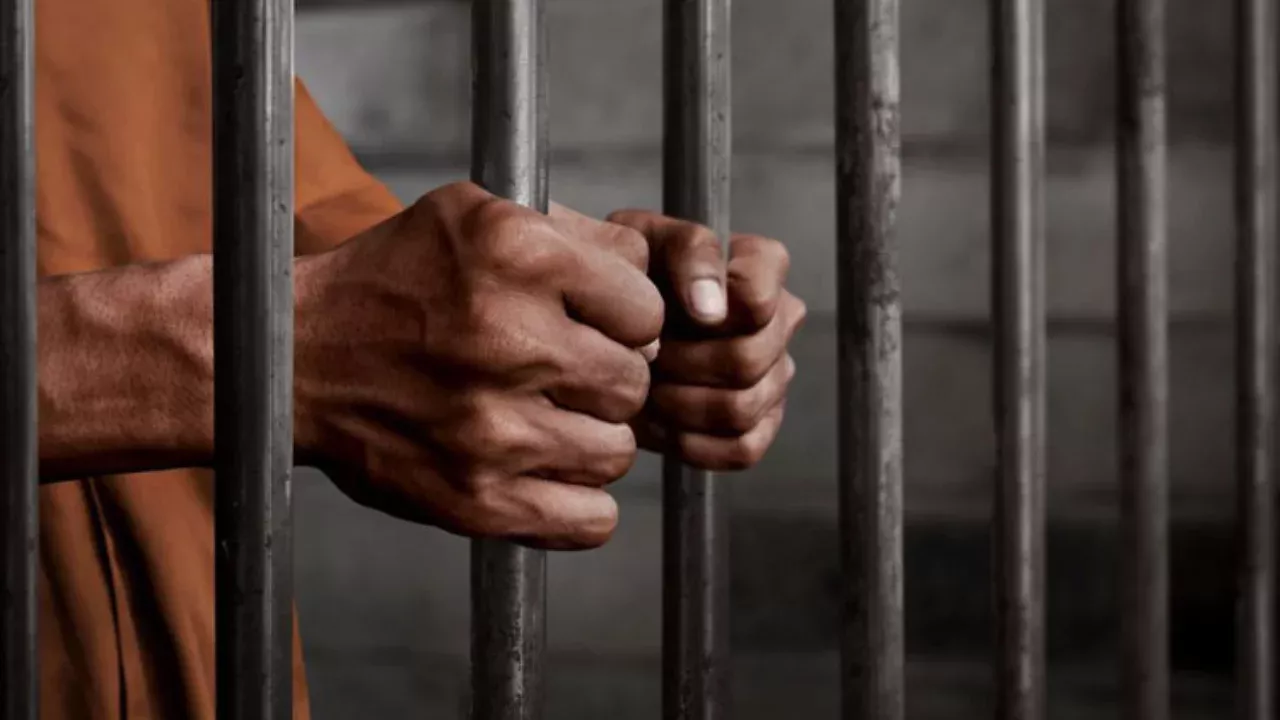In Tashkent, a young man was tried for insulting the President

In the Tashkent region, an 18-year-old young man was held legally accountable for making insulting remarks about the President of Uzbekistan, Shavkat Mirziyoyev, on his Instagram social media page. This was reported by Zamin.uz.
According to court documents, he wrote a comment under the President’s photo on his account, using offensive and defamatory language. During the investigation, political science and linguistic expert examinations were conducted.
The experts confirmed that the written comment contained insults and words that demeaned the dignity of the head of state. In their opinion, such a comment could negatively affect the reputation of the state institution in the public consciousness.
During the court proceedings, the accused young man admitted his actions and stated that he wrote those words emotionally and without thinking. He also emphasized that he had no political intentions and expressed regret for his actions.
The court assessed his actions under Article 158, Part 3 of the Criminal Code of the Republic of Uzbekistan — “Insulting or defaming the President via the Internet” — and found him guilty. According to the court’s verdict, the accused was sentenced to two years of restriction of liberty.
Additionally, a number of restrictions were imposed on him. From now on, he is prohibited from consuming alcoholic beverages, visiting entertainment venues including bars, cafes, and restaurants, participating in public events, and communicating with persons prone to criminal behavior.
Furthermore, the convict is not allowed to change his place of residence or leave the Tashkent region without the consent of the supervising authority. According to legal experts, this case once again highlights the importance of internet culture and online responsibility issues in the country.
Specialists emphasize the need to develop a culture among young people that distinguishes between freedom of speech on social networks and personal insults. The court’s decision has caused various reactions among the public.
Some consider it a warning measure, while others view it as a restriction on freedom of expression online. Currently, the court’s verdict has come into legal force, and the young man is serving his sentence according to the established procedure (source: zamin.uz).







